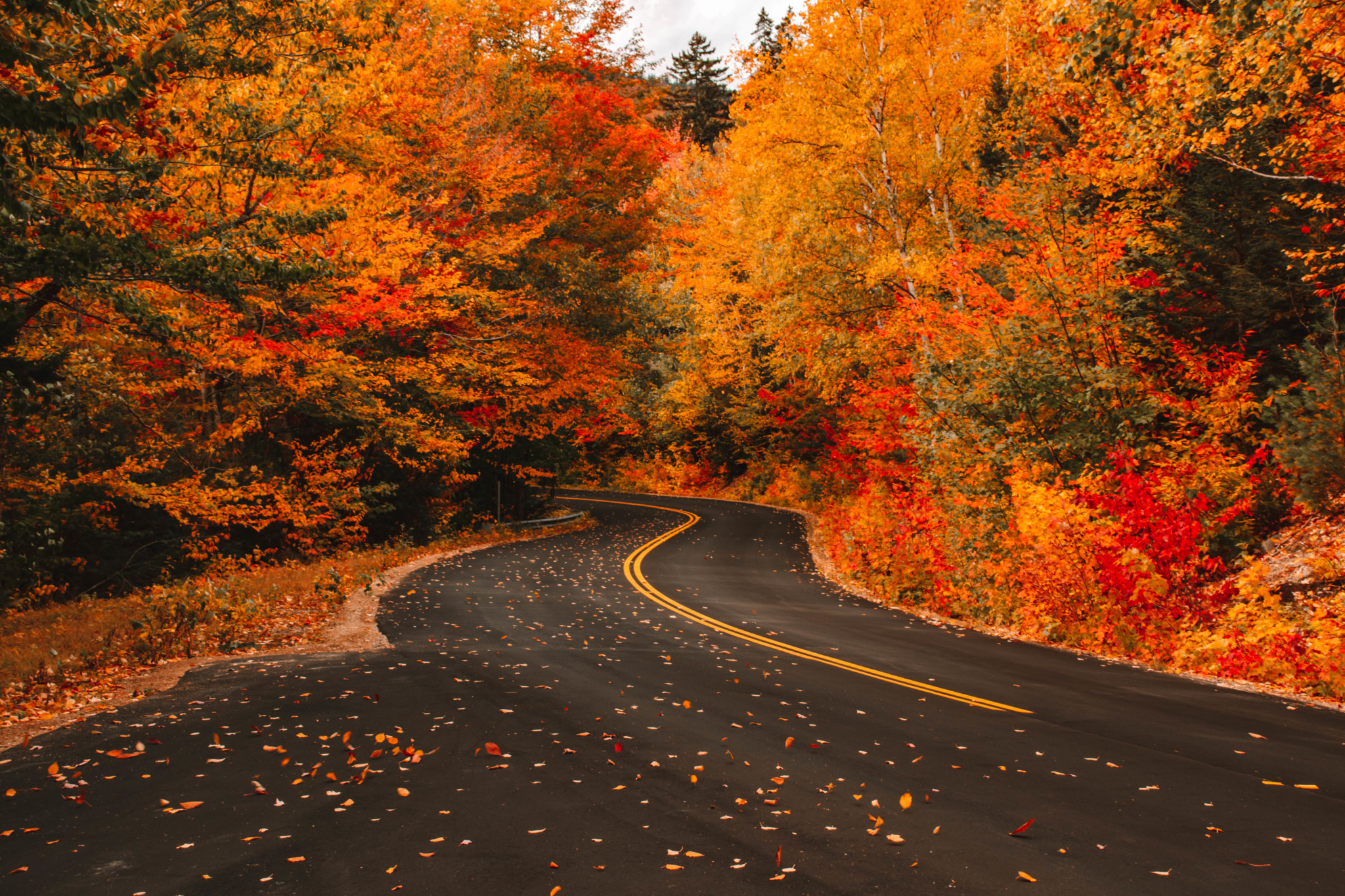The diasporic Black book clubs have been transforming literary culture in recent years. In Lagos and Brooklyn, these groups are disrupting the ‘classic’ reading lists. Ones that are always dominated by Western classics and white authors. Instead, they are amplifying Black voices and exploring African literature. It’s fostering meaningful discussions about identity and resistance. This […] The post How Black Book Clubs in the Diaspora Are Decolonizing Reading Lists—From Lagos to Brooklyn first appeared on Pride Magazine.
The diasporic Black book clubs have been transforming literary culture in recent years. In Lagos and Brooklyn, these groups are disrupting the ‘classic’ reading lists. Ones that are always dominated by Western classics and white authors. Instead, they are amplifying Black voices and exploring African literature. It’s fostering meaningful discussions about identity and resistance.
This movement isn’t just about reading… It’s also about reclaiming narratives. By selecting books by Black writers, these clubs are decolonising literature, one discussion at a time. If you want to be proactive in your activism, try letting out some stress first using your Slotsgem login, and invite your friends along on this collective gaming night!
The Rise of Diasporic Black Book Clubs
A Growing Literary Movement
The idea of black book clubs is not new, yet its impact is growing. Social media has been used significantly to reach readers across continents. Groups like the “Between the Lines” (Brooklyn) and “The Lagos Book Club” are flourishing. Their members are keen to read stories that match their experiences.
They often focus on:
- African literature (Chimamanda Ngozi Adichie, Ngũgĩ wa Thiong’o)
- Diasporic writers (James Baldwin, Toni Morrison)
- Contemporary authors (Bernardine Evaristo, Ta-Nehisi Coates)
By prioritising these voices, they’re shifting the literary landscape away from Eurocentric norms.
Why Representation Matters
For many members, finding books that reflect their heritage is powerful. Growing up, some recall school reading lists filled with Shakespeare and Dickens. There was little from African or Caribbean writers. Book clubs are changing that.
An explicitly post-colonial selection can be very useful in the fight against anti-blackness that occurs in traditional literature. Amara, a member of a London-based book club, says reading ‘Half of a Yellow Sun’ in her group was ‘transformative’.
Decolonising the Reading List
Challenging the Western Canon
For decades, the “classics” taught in schools were overwhelmingly white. Black book clubs are flipping the script. Instead of Dickens, they might read “Things Fall Apart” by Chinua Achebe. Instead of Hemingway, they pick “Americanah” by Chimamanda Ngozi Adichie.
This isn’t about rejecting all Western literature—it’s about balance. It’s saying: Our stories matter too.
Highlighting Underrated Genres
Beyond fiction, themes explore:
- Afrofuturism (N.K. Jemisin’s “The Fifth Season”)
- Black feminist theory (bell hooks’ “Ain’t I a Woman?”)
- Caribbean poetry (Claudia Rankine’s “Citizen”)
The Impact Beyond the Page
Building Community
Members also get to share personal stories, debate ideas, and sometimes even organise author meet-ups.
“Our meetings feel like family gatherings,” says Kwame, who runs a book club in Accra. “We laugh, argue, and learn together.”
Supporting Unknown Authors
By choosing Black writers, these clubs directly support authors who have faced barriers. Some groups even partner with independent Black-owned bookstores, further strengthening the literary ecosystem.
The Role of Social Media
The cause has also been using social media with great effect. It has reached broader audiences and united readers worldwide. Through platforms such as Instagram and TikTok, they exchange suggestions, have virtual chats, and even determine trends in publishing.
Hashtags like #BlackBookstagram are huge online. They’re places where readers post reviews, highlight unknown books, and challenge literary biases. Some clubs, like “Well-Read Black Girl”, started as online movements. They then evolved into global networks with in-person events and festivals.
Authors also enjoy this digital shift. Writers like Akwaeke Emezi and Tommy Orange have gained recognition after their work was posted online. Publishers are taking notice, leading to more deals for small authors. The translations of African literature into other languages are even more numerous.
Real-time interaction is possible with YouTube and Clubhouse, as they eliminate geographical restrictions. Now, a reader in Nairobi can chat about a book with someone in Atlanta, providing a dialogue that is genuinely diasporic.
The post How Black Book Clubs in the Diaspora Are Decolonizing Reading Lists—From Lagos to Brooklyn first appeared on Pride Magazine.










